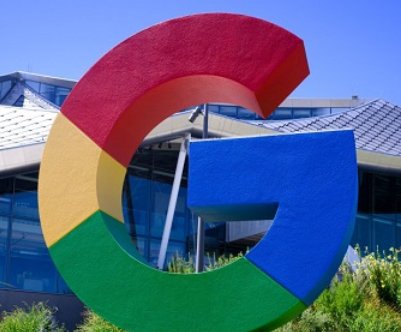Court Orders Google to Pay $425m in Privacy Breach Case as France Slams Record Fine

By Alofe Ayomoses
A federal jury in San Francisco has ordered Google to pay $425 million after finding the tech giant guilty of illegally intercepting and collecting user activity from mobile applications, even when privacy settings were switched on.
The class-action lawsuit, filed in July 2020, accused Google of secretly tracking and profiting from consumer data despite assurances of privacy.
“This case is about Google’s illegal interception of consumers’ private activity on mobile apps,” attorneys for the plaintiffs argued.
Google, however, rejected the verdict, vowing to appeal.
“This decision misunderstands how our products work, and we will appeal it,” spokesperson Jose Castaneda said, insisting that Google’s privacy tools “honour users’ choices” when personalization is turned off.
The ruling came just a day after Google secured a major win in Washington, D.C., where a federal judge rejected government calls to break up the company by forcing the sale of its Chrome browser in an ongoing antitrust battle.
CNIL Slams Google and Shein with Record Fines
In a separate privacy setback, France’s data protection watchdog CNIL hit Google with a €325 million ($350m) fine and Chinese fast-fashion platform Shein with a €150 million ($175m) penalty for failing to properly obtain user consent before placing advertising cookies on devices.
According to CNIL, both companies violated Europe’s strict data protection laws by automatically placing cookies without “free and informed” consent. The watchdog described the penalties as among the heaviest ever imposed in the country.
Google said it would review the ruling but maintained that it has complied with earlier CNIL directives.
This is the third major fine against Google by CNIL for cookie violations, following penalties of €100m in 2020 and €150m in 2021.
Balancing Ads and Privacy
The twin blows highlight growing global scrutiny of Google’s business model, which relies heavily on targeted advertising. The company has been working to phase out third-party cookies in favour of new tracking alternatives that regulators claim are less invasive.
News Alert reports that with regulators in both the US and Europe tightening the noose, Google faces mounting pressure to prove it can balance profit-driven ad targeting with user data privacy rights.







